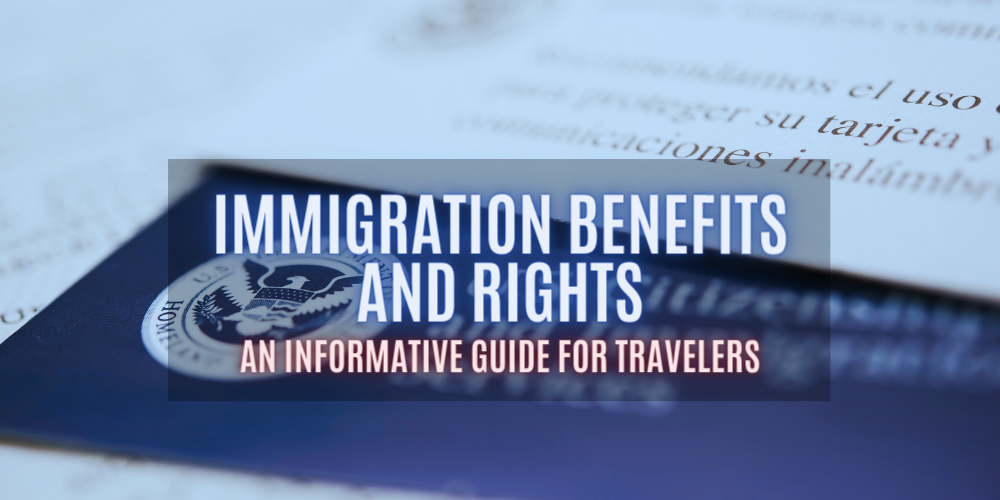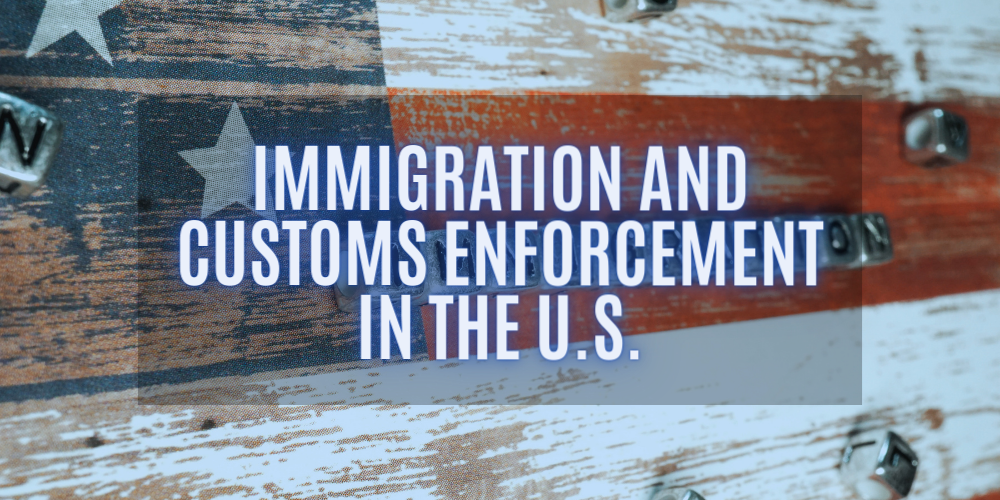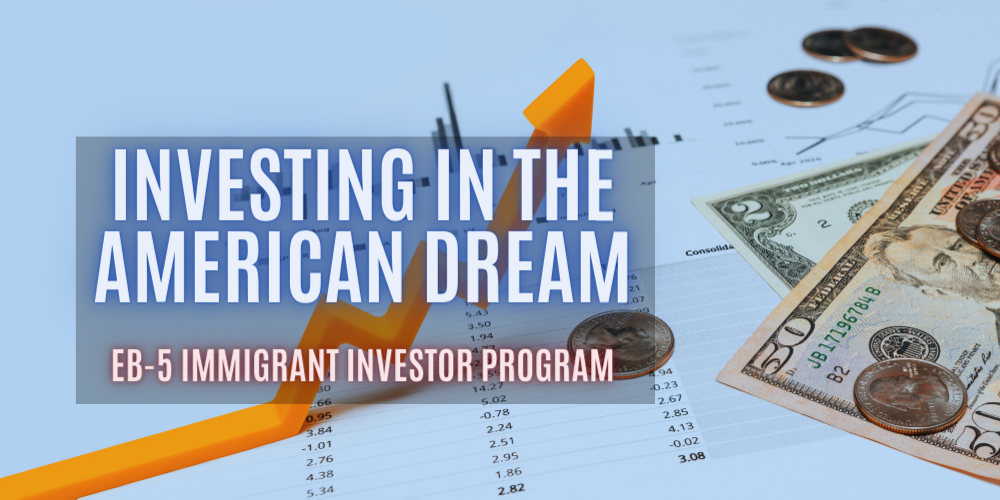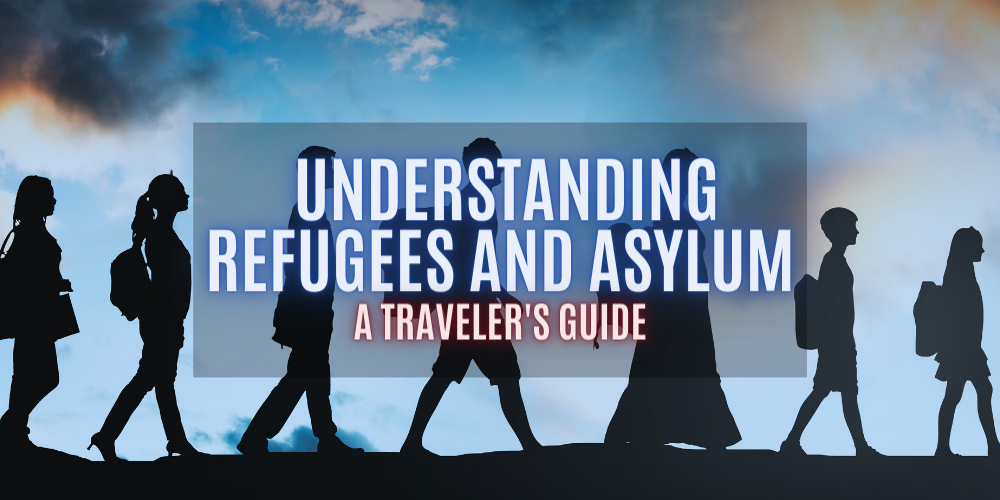--------- Schengen Visa for Digital Nomads: Your Path to Work and Travel in Europe
Feb 29, 2024

Are you a digital nomad dreaming of exploring the cobblestone streets of Rome, the vibrant markets of Barcelona, or the serene fjords of Norway, all while keeping up with your remote work? Welcome to the ultimate guide on navigating the Schengen Visa for digital nomads – your ticket to working and traveling across Europe!
What is a Digital Nomad?
In the evolving landscape of work culture, the term Digital Nomad has gained significant traction. These are individuals who use technology to perform their jobs remotely, unbound by a fixed office space. This lifestyle enables them to travel and live in various locations around the world. Digital nomads typically rely on the internet for their work, which could range from freelance writing, graphic design, and consulting, to online marketing. The key characteristic of a digital nomad is their ability to blend work and travel, often leading to a flexible and adventurous lifestyle.
Understanding the Schengen Visa
The Schengen Visa is a special type of visa for the Schengen Area, a group of 26 European countries that have abolished passport and other types of border controls at their mutual borders. This visa allows travelers to move freely within the Schengen Zone, without the need for multiple visas for each country. For digital nomads, this represents an invaluable opportunity to explore various cultures and work environments across Europe. The Schengen visa typically covers short stays (up to 90 days within a 180-day period) for tourism, business, or visiting friends and family.
Types of Schengen Visas Suitable for Digital Nomads
For digital nomads, the most relevant types of Schengen Visas include:
- Tourist Visa: Ideal for those planning to travel and explore the Schengen Area without engaging in any business activities.
- Business Visa: Suitable for individuals intending to engage in business-related activities like meetings, conferences, or networking events.
Selecting the right type of visa is crucial, depending on the nature and purpose of your travels and activities in the Schengen Area.
Visa Duration and Limitations
The standard Schengen Visa allows for a stay of up to 90 days within a 180-day period. This rule, known as the "90/180 rule," is critical for digital nomads to understand and adhere to. It means you can stay in the Schengen Area for 90 days, after which you must leave for another 90 days before you can re-enter. This limitation requires careful planning for digital nomads who wish to spend an extended period in Europe, ensuring they do not overstay their visas.
Key Requirements for Schengen Visa Application
Applying for a Schengen Visa involves meeting certain requirements:
- Valid Passport: Must be valid for at least three months beyond the return date and have at least two blank pages.
- Travel Itinerary: Proof of round-trip flight reservations, hotel reservations, and a detailed plan of your travel within the Schengen Area.
- Travel Insurance: Insurance covering at least €30,000 for medical emergencies and repatriation.
- Proof of Financial Means: Evidence that you can financially sustain yourself during your stay. For digital nomads, this might include bank statements, income statements, or contracts indicating ongoing work.
- Cover Letter: Explaining the purpose of your visit and itinerary.
Navigating Income Verification as a Digital Nomad
One of the unique challenges faced by digital nomads in applying for a Schengen visa is income verification. Since traditional employment proofs like salary slips may not be applicable, here’s how you can navigate this requirement:
Bank Statements: Provide your recent bank statements to show a steady flow of income.
Income Declarations: If you are a freelancer, income declarations from clients, or payment invoices can serve as proof.
Contracts or Letters from Employers/Clients: If you're working with a company remotely, a contract or a letter stating your employment terms and income can be beneficial.
Tax Returns: Show your recent tax returns to demonstrate financial responsibility.
A Cover Letter: This should outline your working status, the nature of your work, income sources, and how you plan to support yourself while in the Schengen Area.
Health Insurance Essentials
Health insurance is a non-negotiable requirement for a Schengen visa. As a digital nomad, you need to consider the following:
- Coverage Amount: Your insurance should cover at least €30,000 for medical emergencies and repatriation.
- Area of Coverage: Ensure that the policy is valid in all Schengen countries.
- Duration: The policy must cover the entire duration of your stay.
- What to Look For: Opt for policies that offer flexibility in case of travel changes, and consider additional coverage for activities you might undertake.
Accommodation and Itinerary Planning
For digital nomads, planning accommodation and an itinerary for a Schengen visa application requires flexibility:
Initial Accommodation: Have confirmed bookings for your initial destination. For subsequent stays, tentative bookings or a rough plan can be provided.
Flexible Itinerary: Outline a basic travel itinerary, including intended dates of travel between Schengen countries.
Proof of Return: It's crucial to show evidence of your intent to return, such as a return flight ticket or a document outlining your future work commitments outside the Schengen Area.
Legalities and Tax Implications
Understanding the legal and tax implications is crucial for digital nomads:
- Tax Residency: Be aware of the tax laws in your home country and how long you can stay abroad without affecting your tax residency.
- Working Laws in Schengen Countries: Check if there are any restrictions on working while on a tourist/business Schengen visa in the countries you plan to visit.
- Double Taxation: Investigate whether your home country has a double taxation agreement with the countries you'll be visiting to avoid being taxed twice.
- Local Regulations: Be mindful of local laws and regulations, as working remotely on a tourist visa is a grey area in some countries.
Cultural Adaptation and Networking
As a digital nomad traversing the Schengen Area, adapting to diverse cultures and building a network is key to enriching your experience.
Understanding Cultural Nuances: Each country in the Schengen Area has its own unique culture. It’s important to research and respect local customs, social norms, and etiquette.
Language Skills: While English is widely spoken, learning basic phrases in the local language can enhance interactions and show respect for the culture.
Networking Opportunities: Engage with local co-working spaces, attend networking events, and join online forums or social media groups for digital nomads. This not only helps in professional growth but also in understanding local cultures better.
Embracing Local Experiences: Participate in local events, festivals, and community gatherings. This immersion can provide a deeper understanding and appreciation of each destination.
Long-Term Stay Options
For digital nomads seeking to extend their stay beyond the standard Schengen visa limit, there are several options:
National Visas and Residency Permits: Some Schengen countries offer long-term national visas or residency permits for remote workers and digital nomads. Countries like Portugal, Estonia, and the Czech Republic have specific visas or programs tailored for digital nomads.
Visa Renewal or Change: Explore the possibility of renewing your Schengen visa or changing your visa status based on your circumstances, like employment or study opportunities within the Schengen Area.
Legal and Immigration Advice: It’s advisable to consult with immigration lawyers or legal advisors to understand the best course of action for long-term stays, as regulations can vary significantly by country.
COVID-19 Travel Considerations
The COVID-19 pandemic has introduced new considerations for travel:
- Travel Restrictions and Requirements: Stay updated with the latest travel advisories and entry requirements for each Schengen country, as they can change rapidly.
- Health and Safety Protocols: Adhere to health and safety guidelines, including wearing masks, social distancing, and hand hygiene.
- Vaccination and Testing: Be aware of vaccination requirements or negative COVID-19 test results that may be necessary for travel or entry into certain countries.
- Flexible Travel Plans: Given the unpredictability of the pandemic, maintain flexible travel plans and have contingency plans in place.
Staying Connected: Tech Tips for Nomads
Reliable technology and connectivity are the lifelines for digital nomads. Here are some tech tips to stay connected:
- Portable Wi-Fi and SIM Cards: Invest in a good-quality portable Wi-Fi device or local SIM cards with data plans to ensure constant internet access.
- Backup Devices: Carry backup devices like an extra smartphone or a portable hard drive. Cloud storage services are also essential for data backup.
- Power Banks and Adapters: Ensure you have power banks for charging devices and universal travel adapters suitable for different countries.
- Cybersecurity: Use VPNs to secure your online activities, especially when using public Wi-Fi networks. Regularly update your antivirus software and be cautious about online security.
- Tech-Friendly Accommodation: Choose accommodations known for reliable internet and suitable workspaces, such as serviced apartments or co-living spaces.
Embarking on your European adventure as a digital nomad with a Schengen Visa requires meticulous planning and an informed approach. With the right preparation, your journey through the Schengen Area can be both productive and enriching.
We invite you to share your experiences or pose questions below. For more resources and visa application information, check out.
Recent Articles

Immigration Benefits and Rights: An Informative Guide for Travelers
Understanding immigration benefits and rights is essential for anyone considering travel or relocati

SEVIS Simplified: A Complete Guide for International Students and Exchange Visitors
If you're planning to study or participate in an exchange program in the United States, understandin

Understanding ICE: Navigating the Role of Immigration and Customs Enforcement in the U.S.
Immigration and Customs Enforcement (ICE) plays a pivotal role in the U.S. immigration system. As tr

Investing in the American Dream: A Comprehensive Guide to the EB-5 Immigrant Investor Program
The EB-5 Immigrant Investor Program offers a unique pathway to U.S. residency for foreign investors

Finding Safety: A Traveler's Guide to Understanding Refugees and Asylum
Refugees and asylum seekers are central figures in the global discussion on immigration and human ri

Navigating Optional Practical Training: A Guide for International Students
Embarking on an educational journey to the U.S. opens up a world of opportunities, not just for acad
Read More

Immigration Benefits and Rights: An Informative Guide for Travelers

SEVIS Simplified: A Complete Guide for International Students and Exchange Visitors

Understanding ICE: Navigating the Role of Immigration and Customs Enforcement in the U.S.

Investing in the American Dream: A Comprehensive Guide to the EB-5 Immigrant Investor Program

Finding Safety: A Traveler's Guide to Understanding Refugees and Asylum

Navigating Optional Practical Training: A Guide for International Students

Welcome to the GovAssist blog. We know that navigating the maze of visa applications and online forms can be as tricky as choosing the perfect travel playlist (which is all we want you worrying about anyway).
Throughout our years of experience, though, we’ve uncovered a mountain of knowledge which, via this blog, we’re sharing with you! Whether you're diving into the world of travel visas, wondering about the ESTA online hustle, or just trying to figure out the DS160 form, think of us as your online concierge, here to make the process easy and most of all, clear.
At this point in our global context, who has time for endless paperwork and confusing legal jargon? No one. That's why we're all about spilling the tea on online visa hacks, easier-to-work-with DS160 forms, and giving you tips on everything from tourist visas to immigration, to that last-minute ESTA online adventure.
So, just plug in a word you’re curious about on the search bar, and boom. We've got the tips, tricks, and insider info to help you (and anyone else you may be traveling with) get to your travel destination with the confidence of a seasoned traveler.
Now go explore!